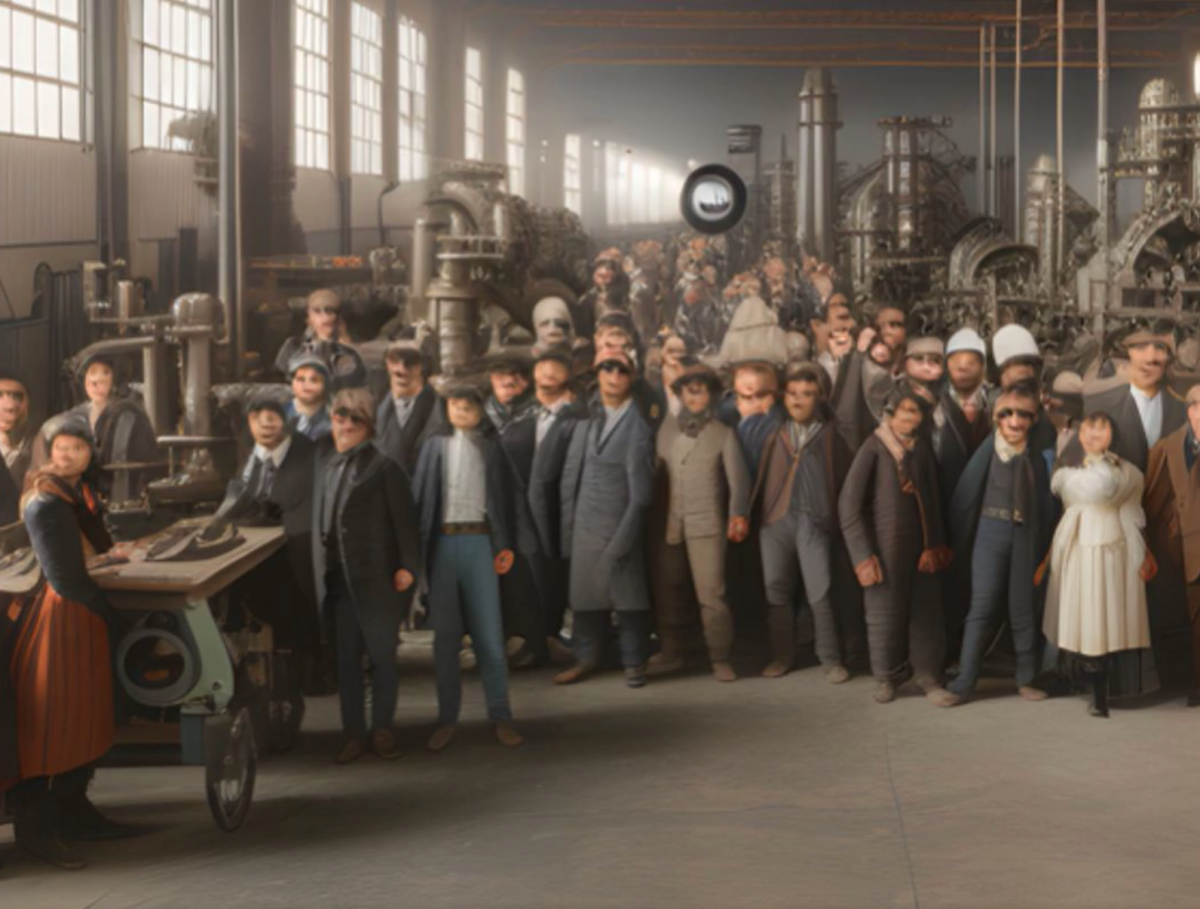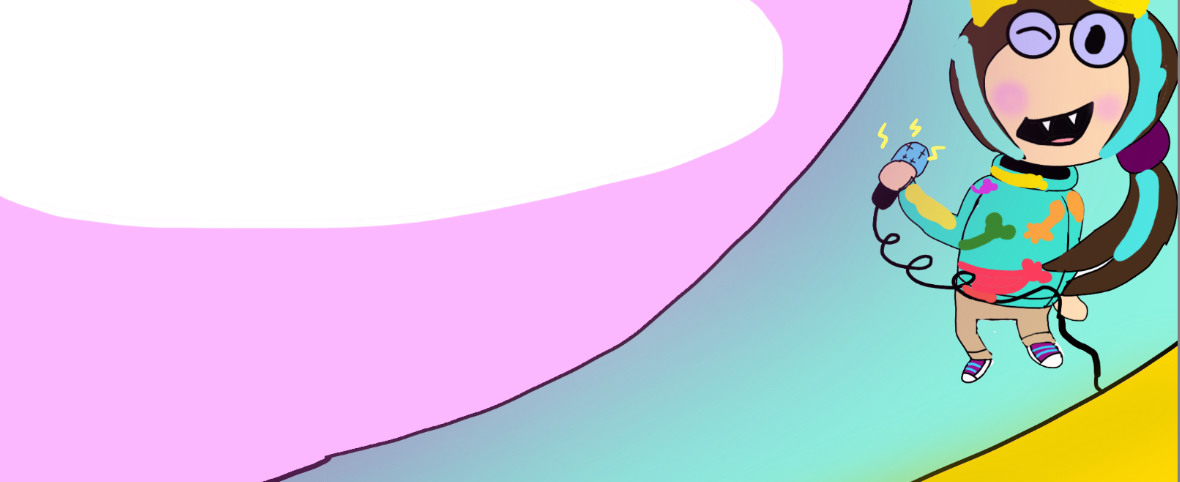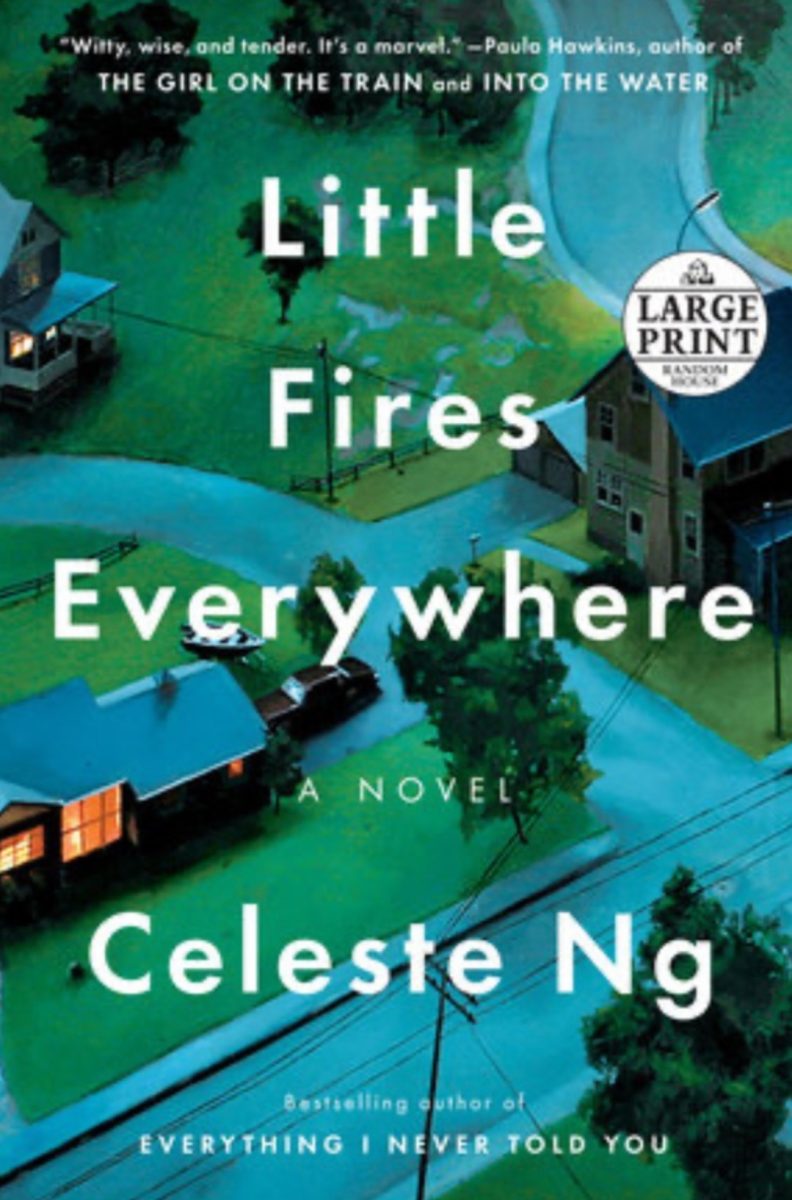https://www.pechakucha.com/presentations/jasmines-presentation-the-communist-manifesto
Hi, everyone. My name is Jasmine Kaur, and this is my AP Lang presentation. The book I’ve chosen to read for summer reading is the “Communist Manifesto” by Karl Marx and Friedrich Engels. Originally published in 1848 in the German language, it falls under the philosophical genre. The preface to this book outlines three main points: class conflict, ephemeral capitalism, and inevitable revolution. So, I’m going to start with a summary.
The “Communist Manifesto” begins with a striking quote: “A specter is haunting Europe, the specter of communism.” A clear main point made throughout the book is that capitalism would inevitably self-destruct and be replaced by communism. Living in a capitalistic society, we may wonder why they believed this. To preface this explanation, it may be best to define a few terms that are crucial for understanding the novel: the bourgeoisie, who are the capitalist class owning most of society’s wealth and means of production, and the proletariat, who are the working-class people.
Marx and Engels provided the explanation for their theory, stating that the working class would inevitably rise against the bourgeoisie and seize control of the means of production due to the alienation and exploitation experienced by the proletariat under capitalist relations.
Now, for an evaluation of the book from the perspective of someone not heavily involved in political positions, I can respectfully say that this book somehow made me even more uninterested in them. I found the book to be terribly repetitive on relatively simple points. The first half was tolerable, but the second half was quite dull. There were many unexplained concepts in the book, and I had to resort to Google searches to clarify them. Despite its difficulty, some parts in the first half piqued my interest, particularly the discussion on soil development, agriculture, and industry.
One idea I disagree with is the abolition of private property. It seems impractical to me, as I believe in the value of personal property. Another notion I challenge is free education for all, especially at the higher education level like college and master’s degrees. The book suggests free education for all children in public schools and the abolition of children’s factory labor, combining education with industrial production. I believe this would lead to oversaturation in certain industries, ultimately harming society.
I also disagree with the abolition of all rights of inheritance. I think it’s important for future generations to have the means to support themselves. Generational inheritance can contribute to overall societal growth, even though it may seem unfair on a micro level.
Now, moving on to themes, a prominent one in the book is historical materialism, where technological means of production shape material circumstances and production forces shape human civilization. Class struggle is another key theme, with Marx asserting that capitalism is at the root of class struggle, leading to the dominance of the bourgeoisie over the proletariat. Finally, the book emphasizes revolution, predicting that capitalism would destroy itself, uniting the proletariat in a revolution that would usher in communism.
In terms of engagement, the book was a mix of interesting and boring. The underlying ideologies stood out, but the formal writing style made it challenging for a general audience. It took me multiple attempts to grasp the content. While it might be clear to those with strong political or philosophical interests, it was not so for a general reader like me. The repetitiveness of the points made me want to put the book down several times.
Overall, the book is commendable, but its format is less suitable for a high school level. I’m sure there are many people out there who could not put the book down, but for those considering it, be prepared for a challenging read.
My personal recommendation for the “Communist Manifesto” is to read it. Despite the difficulties I faced, it provided me with a different perspective on society. It challenged my singular perspective on capitalism and broadened my understanding of why some view it negatively. I recommend it to those who seek to broaden their perspectives beyond their own. Thank you.







